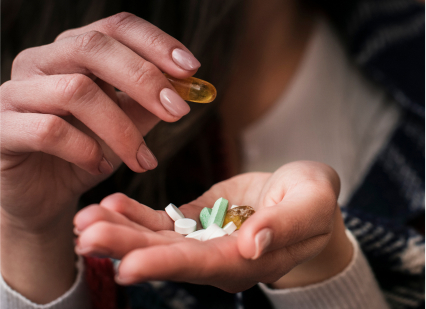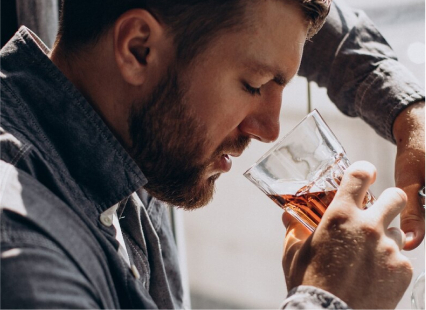Dysfunction Disguised as Devotion
While compromise and sacrifice are a normal part of any relationship, codependency can pervert these concepts to a point where they become detrimental or downright harmful to all parties involved. This harmful relationship dynamic can occur amongst romantic and non-romantic relationships alike but is a recurring theme in cases of substance abuse – like adding gas to a flame, it can quickly become dangerous and out of hand. Being able to identify the signs of codependency can be a significant step towards disrupting the powerful cycle of addiction. Learn the hallmark characteristics of codependent behavior and how this disorder manifests itself in relationships.
What Is Codependency?
Codependency is defined as an emotional and behavioral disorder where individuals have “one-sided, emotionally destructive, and/or abusive” relationships (source). A codependent person is a perpetual “giver” whose sense of identity is closely tied to their role in the relationship. The giver constantly puts their partner’s needs and desires above their own and also over assumes responsibility and liability for the other person’s well-being. When coupled with a more dominant person, the relationship can become very toxic, quite quickly.
They are often to be considered serial daters and do whatever it takes to maintain and tend to seek partners where they feel needed. This often results in codependent individuals seeking out those that need “rescuing” – such as addicts. Coupled with their desire to find validation through their partners, codependent partners often inadvertently become enablers: making excuses for their partners’ derisive actions, giving them money or substances out of a feeling of guilt, or simply turning a blind eye.
Recognizing the Signs of Codependency
In the scope of the relationship, codependency manifests itself as an excessive or compulsive-level of caretaking coupled with a complete disregard for one’s own self. The codependent person is entirely consumed with their relationship and whose extreme dedication often results in the neglect of other relationships, their career, everyday responsibilities, and their own aspirations.
The underlying cause of codependency is rooted in low self-esteem which can appear as severely needy, clingy, and affirmation-seeking behavior. As with any other mental health disorder, the severity of this behavior can vary from person-to-person and not all symptoms may necessarily be present. Signs of codependency may include:
- Constantly in a relationship and are immediately devoted no matter how recent the relationship is
- Drawn to “bad boy” or “bad girl” types
- Are compulsive people-pleasers
- Feel a need to be liked by everyone
- Abandon their hobbies whenever they get into a relationship
- Over-exaggerated sense of responsibility for others
- A sense of uselessness if there’s nothing wrong
- Constantly seeking approval or praise
- Doesn’t end relationships after betrayals of trust or after abusive behavior
- Feels a sense of guilt when being assertive
- Difficulty making decisions or making up their minds
- Struggles to say “no”
- Has a fear of abandonment, constantly seeking verbal reassurance
- Lack of trust (in themselves and others)
- Struggle with setting and/or enforcing boundaries
- Difficulty communicating within the relationship
A codependent person derives their sense of identity and worth through their relationship to others – even if it’s harmful to themselves. This desperation to hold on to a relationship paves the way for emotional, physical, or financial abuse by the hand of the more dominant partner.
How To Deal with Codependency
Codependency is a learned behavior that’s often attributed to dysfunctional family life. Fortunately, not all is lost and like addiction, behavioral therapy can go a long way in helping codependent individuals learn how to have positive and balanced relationships, to express their own feelings, and to recognize instances of abuse. Only then will codependents be able to serve as a source of social support for their partner (or other loved ones) struggling with addiction.





